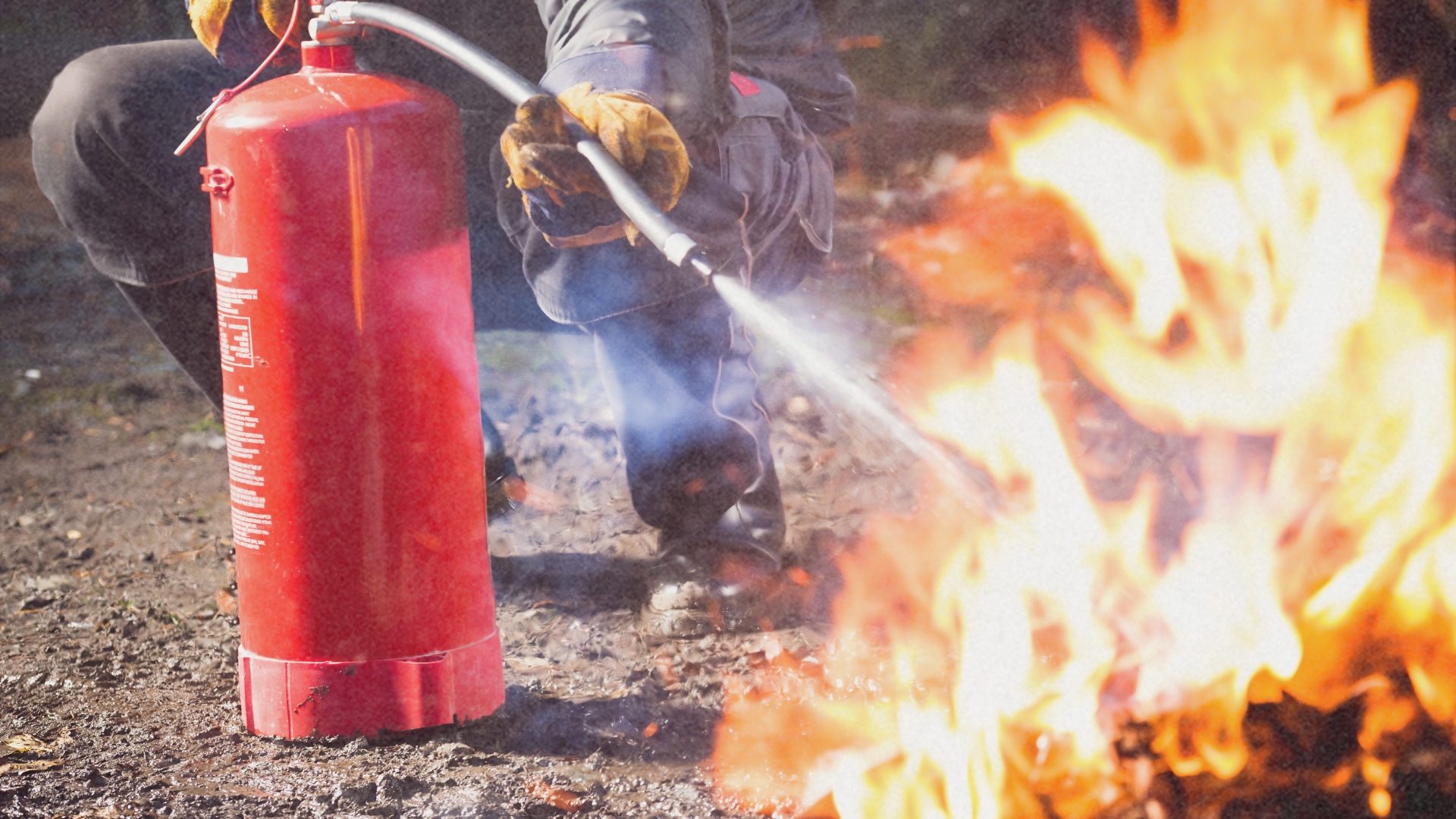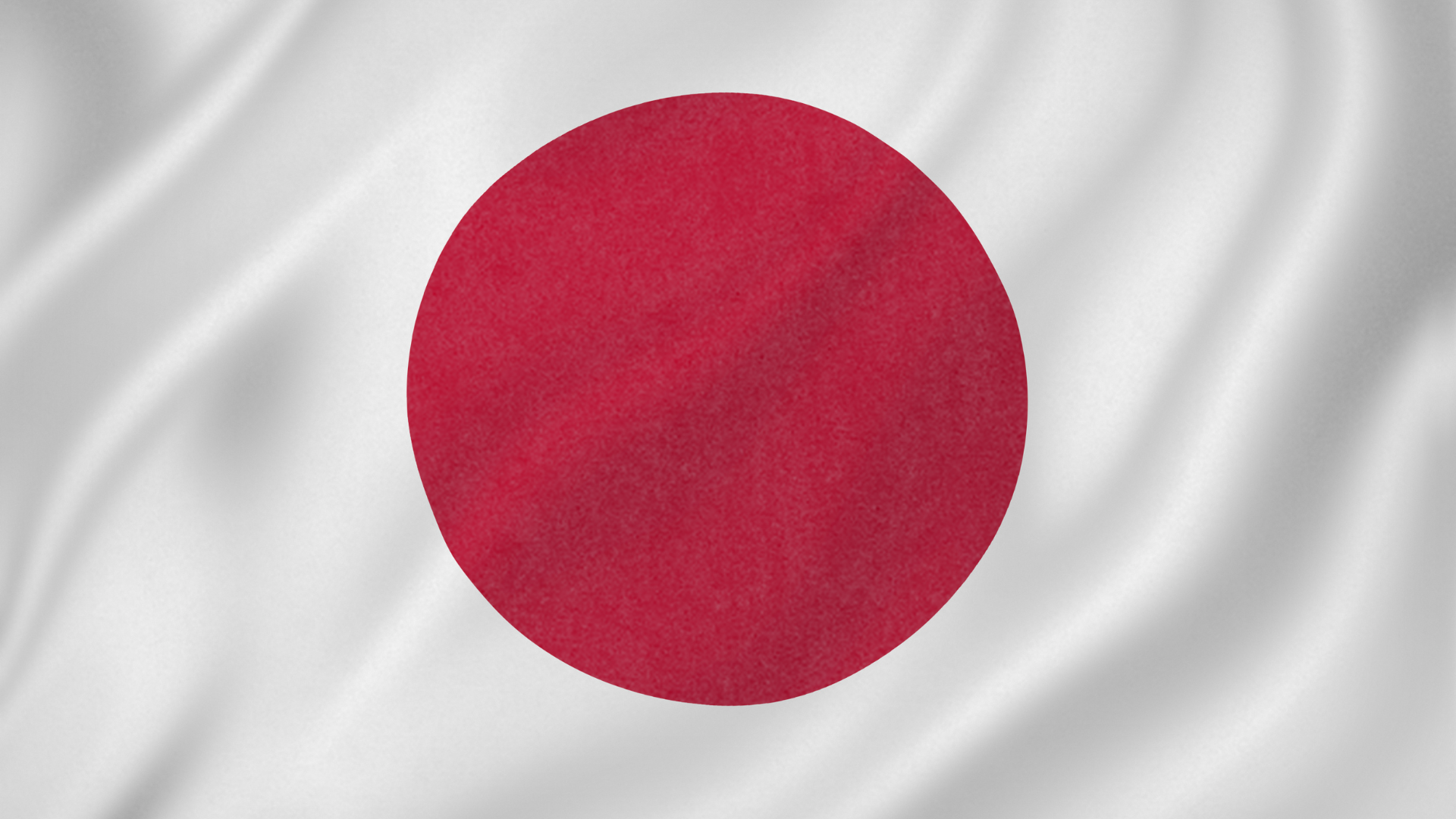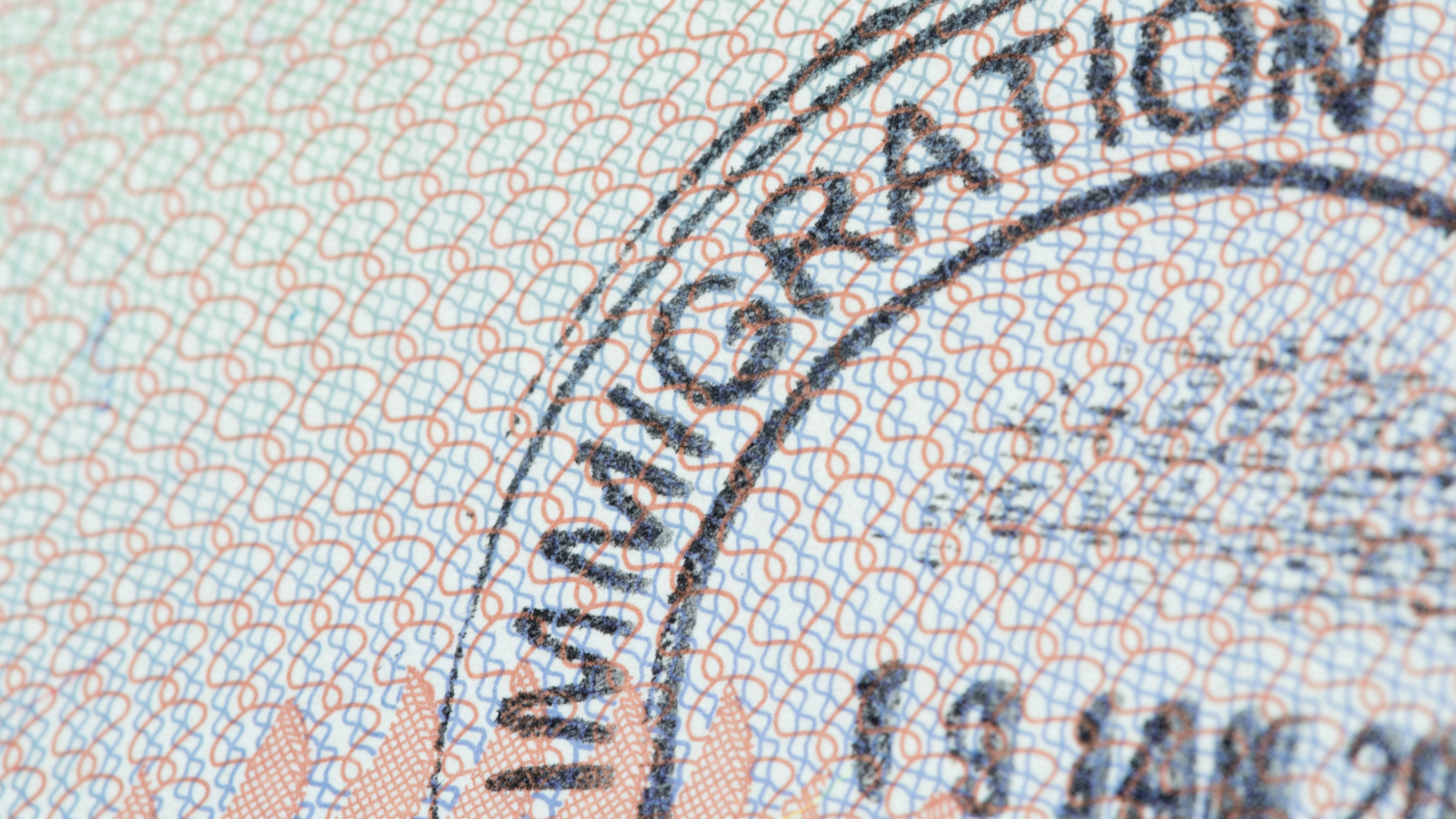
Bohol, known for its wonders like the Chocolate Hills and the home of tarsiers, is a peaceful place. In the past, it has been plagued with conflict as it was also affected by insurgency. But after a decade of initiatives and reforms, Bohol got rid of its insurgency problem and became a model for the government’s internal peace and security efforts. This is the story of how it happened.
Bohol Background
The Communist Party of the Philippines (CPP) and its armed wing, the New People’s Army (NPA) have been waging an insurgency aiming to seize control of the current democratic government to replace it with a communist form. The insurgency has persisted for over four decades and has claimed over 25,000 lives. Why has it lasted so long? It was because root causes were left unaddressed. Primarily, it is injustice that fuels the efforts of insurgents. And the most evident form of injustice is poverty.
Bohol is not left untouched by this internal security issue. In 2001, at least 53.6% of families in Bohol are living below the poverty line. Poverty, which is an injustice, serves as the fuel of insurgency. It has been exploited and became the ground for recruitment in the ranks of the rebels. In 2001, the Armed Forces of the Philippines (AFP) identified five guerilla fronts operating throughout the province. This accounted for 436 rebels and 298 high-powered firearms. At least 115 out of its 1109 barangays were directly affected by insurgents.
But Bohol successfully addressed the problem of insurgency by addressing its root cause. From a poverty incidence of 53.6% in 2001, the statistics went down to 28.4% in 2010. Tourist arrivals increased from 90,000 in 2001 to more than 500,000 tourists in 2010. Moreover, in terms of economic performance, Bohol rose from 16th poorest province in the country to become one of the 20 most progressive ones today.
The Transformation
Brigadier General Alan Luga, former Commander of the 802nd Infantry Brigade assigned in Bohol, summarizing how such transformation happened said that, “the success was primarily because of the holistic approach introduced by the provincial government, good governance, and convergence of efforts of all stakeholders.”
The defeat of insurgency in Bohol happened between 2001 and 2010. This was during the incumbency as governor of now Rep. Erico Aumentado. Political will to end insurgency in the province was necessary and it became evident from the provincial level down to the Local Government Units (LGUs) in the municipal and barangay levels.
In close coordination with the Armed Forces of the Philippines (AFP), the Philippine National Police (PNP), and LGUs, the provincial government implemented a local version of the Integrated Territorial Defense System (ITDS). ITDS is a system implemented by areas throughout the country to address internal security concerns particularly insurgency. The localized ITDS was called the Bohol Local Integrated Security System or BLISS.
Moreover, the Provincial Peace and Order Council (PPOC) made up by military, police, and provincial officials of Bohol played an active role in leading the fight against insurgency. A Local Monitoring Board was created under the PPOC to coordinate and synergize all the efforts of the various agencies in the counter-insurgency campaign of the province. This of course was coupled with relentless combat, intelligence, and civil-military operations by operating troops and policemen from the AFP and PNP.
Together with other stakeholders such as Local Government Agencies, Non-Government Organizations (NGOs) and the private sector, the provincial LGU of Bohol labored to deliver basic services to all sectors of society and all citizens of the province. In order to address poverty, the Local Chief Executive established several offices namely the Bohol Poverty Reduction Management Office, the Bohol Tourism Office, and the Bohol Employment and Placement Office.
Security Forces of Bohol
The 802nd Infantry “Peerless” Brigade is based in Carmen, Bohol and covers the provinces of Leyte, Southern Leyte, Biliran, Bohol, and Cebu. It is commanded by Colonel John Bonafos. It controls 2 Army infantry battalions positioned in Leyte, Biliran, and Cebu and the 2nd Special Forces Battalion in Bohol.
The 2nd Special Forces “Sabertooth” Battalion (Airborne) is based in Bilar, Bohol and covers the whole Province of Bohol as its Area of Operation. Its mission is to be a combat unit and to handle the training and operations of Civilian Armed Forces Geographical Unit (CAFGU) auxiliary battalions throughout the province. This is to deny insurgents an opportunity to reestablish itself in areas around the province to sustain a physically and psychologically secure environment conducive to sustainable economic development.
From its previous deployments in Visayas and Mindanao, the battalion underwent a shift from “counter-terrorists to tourist guide” when it was transferred to Bohol in 2008. This meant a change in orientation from a purely combat orientation towards that of a people-focused and tourist-friendly security orientation.
The Bohol Provincial Police Office is located in Camp Dagohoy in Tagbilaran, Bohol. It exercises operational control over all PNP units in the Province of Bohol. The Provincial Director is Police Senior Superintendent Constantino Barot Jr.
The AFP and the PNP units in Bohol have professional and cooperative relationships with each other. Communication lines are open between various units and personnel from both agencies, thereby making coordination smooth and easy. Moreover, both institutions have been active in pursuing the objectives of the Provincial Joint Peace and Security Coordinating Center (PJPSCC). Joint trainings, exercises, combat and checkpoint operations, and intelligence exchanges have been undertaken.
Some Actual Programs
The concept of working together was implemented in Bohol throughout the period of 2001-2009. The security forces with the provincial and local government units with NGOs and even the citizenry worked in many areas to improve the lives of the people throughout the province.

S.U.P.P.O.R.T. H.E.A.T. Bohol
S.U.P.P.O.R.T. H.E.A.T. Bohol is an advocacy program of the 2nd Special Forces Battalion (Airborne) and the 802nd Infantry Brigade to support the programs of the Provincial Government of Bohol.
Upon his assumption as Provincial Governor, the Hon. Edgardo M. Chatto launched the Bohol development framework with focus on certain areas of concern aptly represented by the acronym H.E.A.T. (H for Health and Sanitation, E for Education and Technology, A for Agriculture and Food Production, and T for Tourism and Livelihood).
Hence, in order to align the activities of the battalion and brigade with the programs of the provincial government, the “S.U.P.P.O.R.T. H.E.A.T. BOHOL” Program was launched. Corny as it may sound, the acronym stands for Soldiers United for Peace, Progress & Other Reforms Through H.E.A.T of Bohol. This advocacy program is implemented through projects that are within the scope of the mandate of the Armed Forces of the Philippines.
Construction of a School Building in Pamilacan Island



LGUs partnered with the 532nd Engineer Support Battalion based in Tubigon, Bohol to build a total of 24 school buildings around the province, thus enabling more children to go to school.
In partnership with a US-based NGO called Vaccines for the Philippines (V4TP), the 2nd Special Forces Battalion helped build a two-classroom school building in the Island of Pamilacan in Bohol. With funding coming from V4TP, they worked together with the Special Forces (SF) troopers, CAFGU Active Auxiliaries, and the local residents to complete the school building.
SPIN Program
For livelihood, the Subcontracting Partners for Innovation or SPIN program was launched and implemented. SPIN is a livelihood program for former rebels, their families, and other members of the community. They are trained to make baskets and other woven products for export. At least 47 livelihood skill trainings on basket weaving were conducted in 130 barangays in 20 municipalities. This has benefited 1,874 people since it was implemented in 2008.
“Prosperity Program”
The Prosperity Program is a concept for the implementation of the Internal Peace and Security Plan “Bayanihan” at the grassroots level. It combines the Purok Power Movement of the province through their Community Organizers for Community Development, and the Peace and Development Team of the AFP. Together, these two components comprise what is called the Prosperity Teams.
A brainchild of Governor Edgar Chatto, Col. John Bonafos, and Lt. Col. Romeo Brawner Jr, the program brings down to the purok level the various programs of the province. Simultaneously, the primary issues that are prevalent in the purok and that are used by the insurgents as propaganda to entice villagers to join or support their cause, are determined so that the necessary government agencies can address these issues.
This concept can further be illustrated in the diagram below:

As a result of the initial deployment of the Prosperity Teams, several members of the Bohol White Area Committee have “surrendered” and took their Oath of Allegiance to the Republic of the Philippines.
Bohol as the Model of AFP IPSP Bayanihan
A turnover of internal security operations formalized the declaration that Bohol is insurgency-free in 2010. A Joint Memorandum of Agreement for the Internal Security Operations of Bohol Province and a Joint Resolution declaring Bohol as insurgent-free was signed on February 11, 2010. This in effect handed over the primary responsibility of Internal Security Operations to the PPOC. Thus, the AFP’s lead role in ISO was taken over by the provincial government and the PNP.
Bohol’s insurgency problem was resolved by joint efforts by security forces, government units, and the civilian sector. It was the reduction of poverty through the generation of jobs and promotion of tourism that was a deciding factor. Also, the enhancement of the delivery of basic services like education and healthcare to the people and the continuous security operations against rebels by the AFP and PNP proved critical.
Because of such integrated efforts in making Bohol peaceful and prosperous, Bohol, along with Cebu, became the model of the current Internal Peace and Security Plan (IPSP) Bayanihan of the AFP. It was launched at the start of 2011. It aims not to defeat the enemy but to “win the peace”.
IPSP Bayanihan is the current strategy of the AFP in addressing internal peace and security concerns notably insurgency and terrorism. It calls for the working together of not just the security forces but of all government agencies and even citizens themselves.
It is anchored in 2 central concepts:
“Whole-of-Nation Approach” means that all sectors should work together. It acknowledges that insurgency cannot be solved by military or law enforcement means only. It requires the efforts from government agencies and units and even the citizenry, by individuals and citizen groups. Peace and security is everyone’s concern and responsibility. We all have our part in achieving and maintaining it.
“People-Centered Approach” means the security of the people, mainly the civilians, comes first. The objective of security forces is not to destroy or defeat the enemy but to be concerned with the safety and welfare of the people first to address the issue of internal security. A people-centered security puts weight in both the physical and socio-economic well-being of the people. Respect for human rights also is valuable to the success of the IPSP.
On the ground, such concepts are implemented by AFP units all around the country. The practice of cooperation of the security forces, government agencies, and the citizenry in Bohol is being replicated and even enhanced in other areas in the archipelago.
Bohol’s Security Today
The experience of Bayanihan in Bohol is indeed an appropriate model for the implementation of the IPSP Bayanihan, where both “Whole-of-Nation Approach” and “People-Centered Approach” have been applied. However, while Bohol has been declared as insurgent-free, there have been attempts by the insurgents to recover the province as one of their areas of operation for collecting “revolutionary taxes”.
Aside from the threat posed by the resurgence of insurgents, other lawless groups can affect the peace and security in the province. One such group is the Abu Sayyaf Group (ASG). In fact, last January 3, 2011, intelligence reports identified certain elements of the ASG were planning to kidnap foreign tourists in Panglao, Bohol. This information was not taken lightly by the security forces in the province and by the provincial government. Aside from the ASG, other terrorist groups and criminal syndicates also pose a threat to the security of the province because of the influx of both foreign and local tourists.
As long as there is injustice in the form of poverty, insurgency will continue. Poverty will continue to be at the service of the political interest of insurgents. And our nation’s peace and security will be affected and our economic progress will be hampered. But by applying the concept of Bayanihan, which is basically working together, as well as continuing to have genuine concern for the welfare of our countrymen, we will eventually win the peace in the entire nation.
Working together is the key to maintaining peace and security in our communities. It is everyone’s concern and responsibility. We all have our part in creating a peaceful and safe environment conducive to progress and prosperity for each and every one of us.





